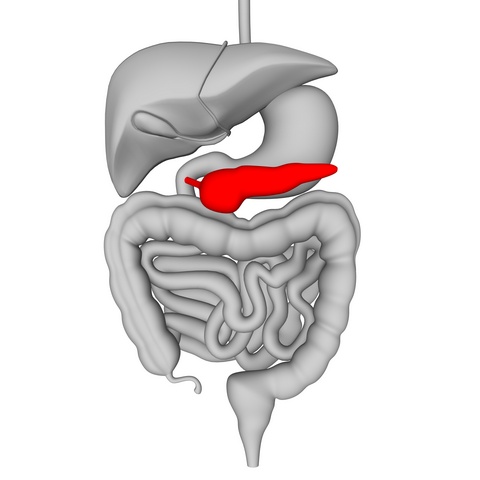Proof that good glucose control reduces complications in Type 1 Diabetes
Diabetes Control and Complication Trial (DCCT)
This NIH sponsored study compared two groups of Type 1 diabetics. One group aimed to keep their blood sugars close to the normal range (intensive group), and the other group followed conventional control (standard group) at that time (1983). Over a 10 year period, Doctors closely monitored the various diabetic complications in the two groups. A total of 1441 patients were enrolled, half went on the standard therapy, and the other half went on intensive therapy. Standard therapy patients only used insulin once or twice a day; however, the intensive therapy group used insulin three or more times a day or used an insulin pump. As would be expected, the intensive therapy patients had more frequent low blood glucose issues and gained more weight than people on the standard therapy; however, the advantage of the intensive group was clearly a significant reduction in the risk of all microvascular diabetic complications (such a neuropathy, kidney issues, retinopathy).
Proof that good glucose control reduces complications in Type 2 Diabetes
The United Kingdom Prospective Diabetes Study (UKPDS)
In this study, only Type 2 diabetics were enrolled. Over 5000 patients with newly diagnosed Type 2 Diabetes were followed for an average of 10 years. They were divided into two groups, an intensive therapy group (treatment included diet plus Diabetic medication), and the other group was managed with diet alone. The goal was to get the fasting blood glucose to 108mg/dl in the intensive therapy group. In the diet group, the aim was to keep the fasting plasma glucose under 270-mg/dl. The tighter the blood glucose controls, the less likely to have microvascular complications and diabetic-related events such as amputation, heart attack, stroke, and death. They also studied the effects of good blood pressure control versus poor blood pressure control. Outcomes show that good blood pressure control reduced microvascular and macrovascular complications. There was a reduction in strokes, heart failure, visual problems, and cardiovascular events in the group with better blood pressure control.
Be Informed. Get In Control. Prevent.
Better late than never
Coming Soon!
Available Aug 16, 2019
Diabetes Cure
Be Informed. Get In Control.

Our Blog
Follow Along
Screening For Diabetes
Diabetes Screening and Diagnosis Who Should Be Screened? Everyone aged 45 and older should be screened for diabetes or glucose abnormalities every three years. However, individuals at higher risk should begin screening earlier and more frequently—ideally once a year....
Disaster Planning
you never know When Disaster Occurs Emergency Preparedness for People with Diabetes When natural disasters or emergencies strike—such as hurricanes, floods, wildfires, or power outages—being prepared can protect your health and even save your life. Everyone with...
Neuropathy
Important to reduce all risk factors Diabetic neuropathy Diabetic neuropathy, a common complication of diabetes, encompasses various types of nerve damage resulting from prolonged high blood sugar levels. It can affect different parts of the nervous system, leading to...
Insulin Pump
Important Features Insulin Pump An insulin pump is a small, wearable device that helps people with diabetes manage their blood sugar levels by delivering insulin continuously throughout the day and night. This means you don't have to give yourself multiple daily...
Sick Day Management
What to do if you are under the weather Sick Day Management When you're sick with a cold, flu, or infection, your blood sugar levels can rise, potentially leading to serious health issues like diabetic ketoacidosis (DKA) or hyperosmolar hyperglycemic state (HHS)....
Traveling With Diabetes
Helpful tips Diabetes and Travel Traveling with diabetes requires careful planning to maintain your health and enjoy your trip. Here are some essential tips to help you manage your diabetes while on the go: 1. Meal Planning and Snacks Maintain Your Meal Schedule:...
Contact Us
The newsletter is only sent if there are any new blogs or articles added.


